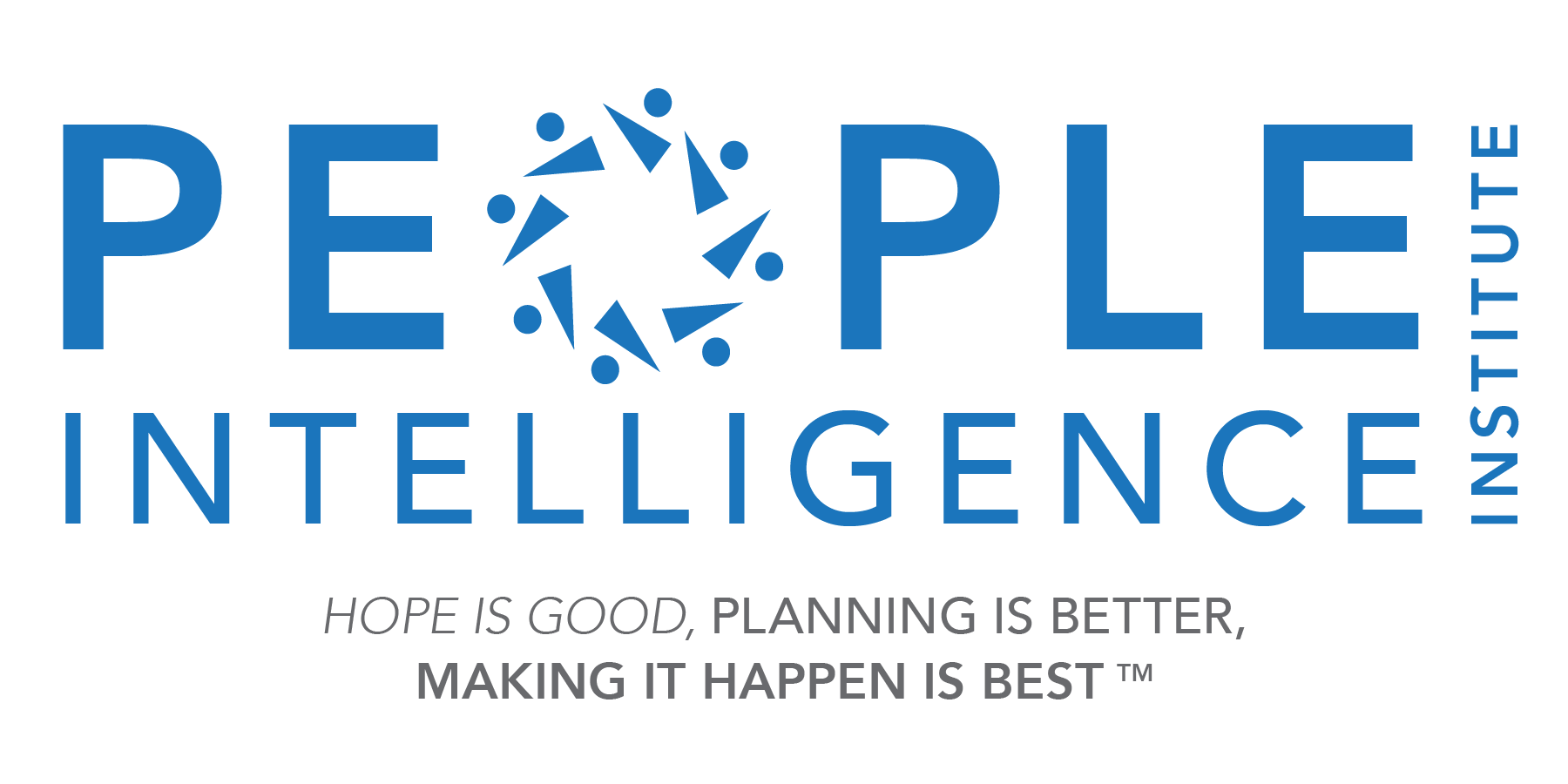"This course has helped train my eye and my mind to see more emotions in others, and as a result, have more successful interactions with others when they are emotional. I am more likely to notice things earlier, before escalation, when the potential to make better choices is stronger."
Read MoreEmotions; the antithesis of soft and fluffy
As part of success in working life is our abilities to build, maintain and grow relationships with others. Often this begins with a first meeting; maybe in an office, at a networking event or just socially. How well we as individuals manage that interaction is important.
I was talking to someone recently and they asked me that often dreaded question of "so what do you do then?"
The whole idea of an 'elevator pitch' bothers me a little and yet there are practical elements that can be of use. In my best succinct response I said "I specialize in emotions and their impact on people and performance." Feeling quite proud of my 11 word response I was met with a reply that triggered an emotional response in me, the emotion in particular was anger, only mild anger, maybe more frustration and triggered all the same.
This is important as the classic cliche says; 'you never get a second chance to make a first impression'.
If we are to navigate this initial meeting successfully, how aware are we of which emotions we may be experiencing and what called them forth?
So, what was said that got my 'hackles up' and triggered this wonderful orchestra of mental and physiological changes that we call an emotion. It was:
"Oh, so you do the soft and fluffy stuff then!" *followed by a short giggle*
Bearing in mind I am painting myself as someone that specialises in emotions it is good that a) I am already aware that this is a trigger of mine and b) that I can manage my responses to choose an action that will harness the emotion in a constructive (rather than destructive) way.
One thing that is really important to me is taking every opportunity to increase awareness of emotions in general and/or their impacts on individuals. So I decided to seize this opportunity while it presented itself. To begin, the anthropological angle.
It is commonly said that there are 3 principal drivers for the human species:
1) To survive
2) To eat
3) To reproduce
Confirming that this is something he was familiar with, I said that it is interesting that the 3 drivers of our species can (and regularly are) trumped by emotion. Met by a confused face I decided to elaborate. The will to survive can be overcome by extreme sadness or despair and end in suicide. The drive to reproduce can be paralysed by fear meaning little or no intimacy. If we perceive the food presented to us to be disgusting we will starve instead of eating it.
There are many more possible examples and yet all three of these show how emotion can be more powerful. To me, emotions are the exact opposite of soft and fluffy.
I went on to explain that if this is the impact emotions can have on our primal motives what about more day to day stuff like our relationships at home, or at work? That is where I help those I work with.
Increased awareness + strategies to manage responses = better choices and improved performance
Maybe I should say that instead next time?
What are your thoughts on emotions?
How do you see, hear or feel them affecting you?
If you want to read more about emotions and how I see their impact in the workplace please visit my blog http://e3ctc.wordpress.com/. You can also follow me on twitter @philwillcox. Or if you want to visit my website it is here www.e3ctc.co.uk.
The End of Daze

Fine-Tuning Your Perception Skills
Self-defense experts urge their clients to be in "Condition Yellow" when engaged in their daily routine, particularly when alone. It's a level of awareness that prevents them from being surprised by a sudden attack. First introduced by Jeff Cooper, a former US Marine, pistol expert and writer; these conditions (white, yellow, orange, red) describe our degree of attentiveness to our surroundings and the people within them.
In condition white, you are unaware, inattentive or downright oblivious. You are shocked when something happens, "I did not see that coming." Cooper and other protective experts talk about remaining in Condition Yellow to prevent an attack in the first place, to seem less vulnerable to a potential predator. Leave Condition White for poolside in the Caribbean.
Conditions Orange and Red refer to the imminent attack and the actual fight, but the bulk of the instruction tends to be about being in a state of readiness - of being switched on so you're not walking around in a fog.
Conditioned Success
Can this level of attentiveness serve us in situations that don't involve physical danger? Can it help us navigate complicated contract talks or merger strategies? Can these skills switch on the high-beams when we're in unknown territory?
By learning how to be more attentive to emotional states of family members, co-workers and counterparts in business relationships, we can head off potential missteps. We can begin to understand why something doesn't feel right and act appropriately. We often dismiss our own emotional reactions to conversations precisely because we are trained to be detached in business. We mistakenly believe emotions cloud our judgment, when in fact, they clarify it. Rather than spotting behavioral nuances we ignore them. By missing important cues we are caught off-guard and later we just don't understand how we didn't see it coming.
Here's the trick. First you must learn what to pay attention to. You must raise your level of emotional awareness. Emotions are at the heart of every deed and every interaction, whether carried out openly or deceitfully. Emotional Competency is an understanding of how emotions drive human behavior so we can see them more clearly as we communicate, negotiate and mediate all manner of human interface.
Knowing how to recognize the underlying emotions gives you something on which to focus, so you're not just hearing words, but 'getting' the truth of any situation. Increasing our awareness of emotions moves us out of Condition White and into the Yellow, where we are alert, aware, in control and focused.
Emotional Intelligence is often written about as being innate, the 'je ne sais quoi' that successful people possess in natural abundance. But Emotional Competency is a skill-set, proven thru decades of scientific and clinical research. A golf instructor can spot a subtle shift in your hips. A music teacher can hear a mistake in what seems to the rest of us a flawless performance. Good or bad, they know what to look for. You can be emotionally competent. You can spot deceit. You can learn to recognize how someone truly feels - but first you must learn what to look for.
Interview on The Bronc - Emotional Intelligence and Awareness

An interview with Mike Palestina on Rider University's "The Bronc."
In an effort to give back each month Mike volunteers his knowledge of career planning and his coaching services to professionals who find themselves in transition due to the current economic conditions. His focus is on building an executable job search strategy that includes practical tips on effective networking, interviewing and negotiation. Mike is regularly invited to speak on these topics across New Jersey at Department of Labor and Professional Services Group events.
"I believe that emotional awareness of ourselves and others and effectively managing those emotions are essential skills required for successful leadership. My position is supported by research conducted by Harvard University, Carnegie Institute of Technology and many others.
The Harvard study concluded that EQ is twice as important as IQ and functional expertise in career success. The Carnegie Institute of Technology study shows that 85 percent of your financial success is due to skills in “human engineering,” your personality and ability to communicate, negotiate, and lead.
Over the last 10+ years I have used emotional awareness and verbal and non-verbal communications to enhance my one-on-one executive coaching and team coaching services."
Listen to Mike discuss the most vital leadership skill...emotional awareness and competencies.
Nov. 10, 2013 http://www.1077thebronc.com/?page_id=356
